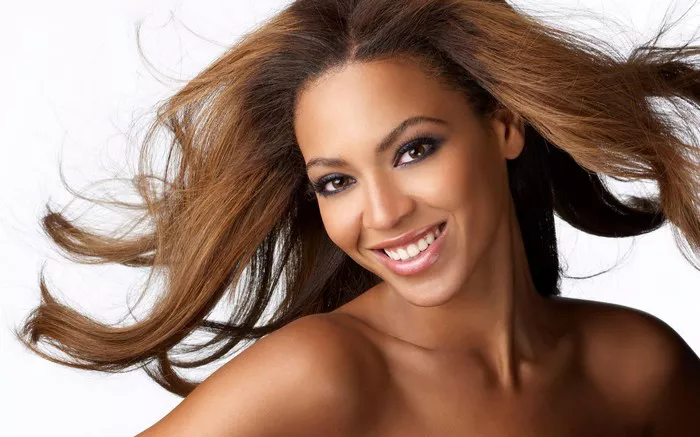ATLANTA (AP) — Black women worldwide, from salon chairs to dorm rooms, often spend hours having synthetic braids added to their hair, enhancing style and convenience. However, many are beginning to question whether these benefits come at the cost of potential health risks.
The growing concerns follow a federal proposal, which has faced multiple delays, aimed at banning the carcinogen formaldehyde in hair-straightening chemicals. Now, attention is shifting to synthetic braids, a staple in Black haircare, as an independent study by Consumer Reports has raised alarm over the chemicals found in these products. The findings have sparked debate, with some experts calling them concerning while others urge caution, citing issues with the study’s methodology and lack of peer-reviewed validation.
While experts agree that more research is needed on synthetic braids and other hair products commonly used by Black women, there is still much that remains unclear. Here’s a breakdown of what is known, what remains uncertain, and what consumers can do in the meantime.
What We Know About Synthetic Braids
Although the Consumer Reports study, published in late February, found that some of the most popular synthetic braiding products contain harmful chemicals such as lead, benzene, and other carcinogens, drawing firm conclusions remains difficult. Experts agree that the presence of these chemicals is troubling but note that the study’s limited scope — only sampling two of each product — has left many skeptical about the validity of its findings.
Javon Ford, a cosmetic chemist active on social media, criticized the study, arguing that its data set was too small to be representative. However, James Rogers, the head of product safety at Consumer Reports, defended the study as a pilot project designed to start a conversation about the lack of research in this area.
In 2020, a study published in the journal Environmental Health Insights also raised concerns, revealing that synthetic hair emits volatile organic compounds when heated. This process, which is common when preparing synthetic hair for braiding, was found to release benzene, a known carcinogen, among other harmful chemicals.
What We Don’t Know About Synthetic Braids
The key question that remains unanswered is whether synthetic braids are truly safe for long-term use. With minimal research on the health impacts of these products, it’s difficult to draw any definitive conclusions. Furthermore, there is little government oversight, leaving manufacturers to self-regulate.
Jasmine McDonald, an epidemiology professor at Columbia University, emphasized that while the Consumer Reports findings shouldn’t incite panic, they do underscore the lack of regulation and research in the industry. “We sometimes normalize cultural practices without fully understanding their potential harms,” McDonald said, stressing the need for greater awareness and research into the health impacts of Black haircare products.
What Alternatives Are Available?
For those concerned about the potential risks of synthetic braids, there are alternative options. Gloria Okpurukre, the owner of Anointed Fingers Braiding Salon in Fayetteville, Georgia, recommends using Brazilian wool hair instead of synthetic fibers. Another option is braiding one’s natural hair, though this may not provide the same volume and length that synthetic hair can offer.
Some brands have also introduced products made from banana fibers, which are marketed as being less irritating to the scalp. However, Ford cautioned that switching brands may not necessarily eliminate exposure to harmful chemicals.
Raven Baxter, a molecular biologist who has spoken out about braiding hair, opted to stop using synthetic products altogether due to the lack of research. She now uses single-ingredient products, like aloe vera gel and vegetable glycerin, in her hair care routine. “Until we have more funding and research in this area, we won’t have the answers we need,” Baxter explained.
McDonald also advised consumers to avoid products containing potentially harmful chemicals such as PFAS (per- and polyfluoroalkyl substances) and parabens, often referred to as “forever chemicals,” due to their persistence in the environment and the human body.
Consumers looking to make informed decisions about the products they use can consult online databases, such as the Breast Cancer Prevention Partners’ Campaign for Safe Cosmetics, to review the safety of hair care products.
The Road Ahead
As concerns about the safety of synthetic braiding products grow, experts agree that increased research and government regulation are critical. In the meantime, consumers are encouraged to stay informed, explore safer alternatives, and remain vigilant about the ingredients in the products they choose.
Related topics:
- L’Oréal Partners with Tru Diagnostic to Explore Epigenetics in Beauty
- Soft Swoop Bangs: The Spring 2025 Solution for Thinning Temples
- Anok Yai: Redefining Beauty Standards on the Runway


